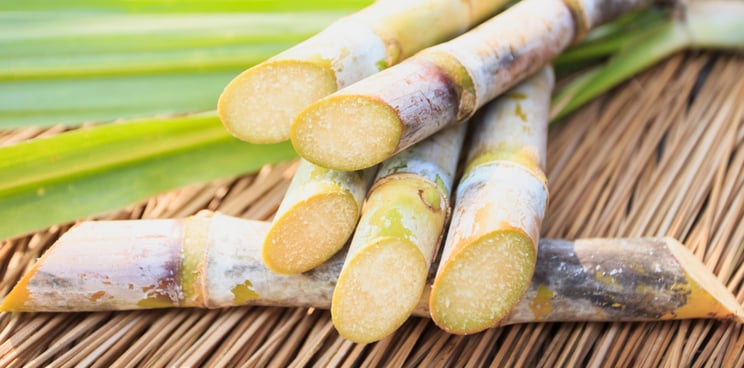Newsletter Signup - Under Article / In Page
"*" indicates required fields
A team of researchers in Brazil and the UK has developed a fermentation technique to turn plant waste, such as wheat straw, into a valuable chemical used in the fragrance industry.
In a study published in the journal Green Chemistry, the scientists used engineered Escherichia coli bacteria to break down sugar cane and wheat straw, waste products from the agricultural industry. The bacteria then fermented the waste materials into coniferol, a high-value chemical used in fragrances and washing powders. The research was carried out by scientists based at the Manchester Institute of Biotechnology, University of Manchester, UK, and two universities in Brazil.
At present, chemicals and fuels used in many industries are derived from fossil fuels, a finite resource. There are growing industries dedicated to obtaining these products from more renewable and cleaner sources, such as making biofuels from crops. However, it is hard for biofuels to compete economically with the fossil fuel industry because the latter often has more established technologies. To get around this issue, the research team has developed fermentation technology to cheaply turn plant waste into coniferol, a chemical that is more valuable than biofuels.
“Making fuels cost-effectively is very challenging so if you can make other co-products that are worth a lot more, such as coniferol that is worth $3,000 per kilo from plant waste that costs $50 per ton, that adds particular value,” Neil Dixon, Senior Lecturer leading the research at the University of Manchester, told me.
The team is now preparing to scale up the process and is also working to overcome challenges in the technology. These challenges include making sure that the engineered E. coli bacteria remain able to process the plant waste over many generations.
Companies developing chemicals and fuels from renewable sources face major obstacles, such as a difficult economic landscape. However, many companies are pushing ahead. For example, the French company Afyren is developing fermentation technology that transforms sugars from agricultural waste into industrial chemicals like acetic acid and butyric acid. The UK company Colorifix uses microbes to turn waste plant sugars into dyes for fabrics.
Images from Shutterstock
Partnering 2030: FME Industries Report







